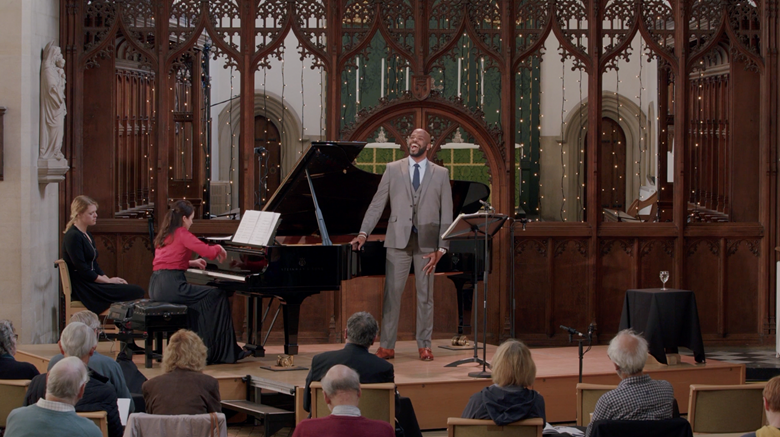Oxford Lieder Festival: 'listening to someone pouring their heart out'
Clare Stevens
Monday, October 3, 2022
Launched in 2001, Oxford Lieder Festival has grown into the UK’s largest art song festival. Clare Stevens looks back across 21 years of imaginative programming and building appreciation of song


Register now to continue reading
Don’t miss out on our dedicated coverage of the classical music world. Register today to enjoy the following benefits:
- Unlimited access to news pages
- Free weekly email newsletter
- Free access to two subscriber-only articles per month